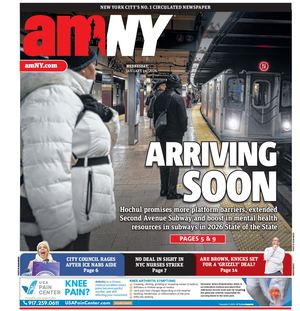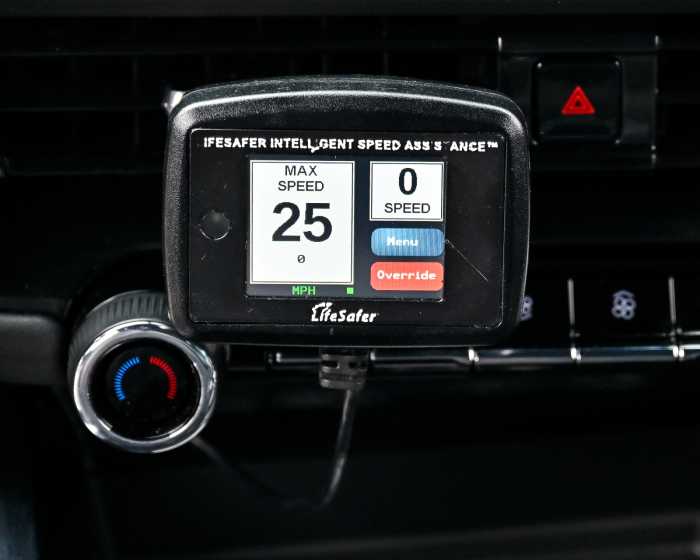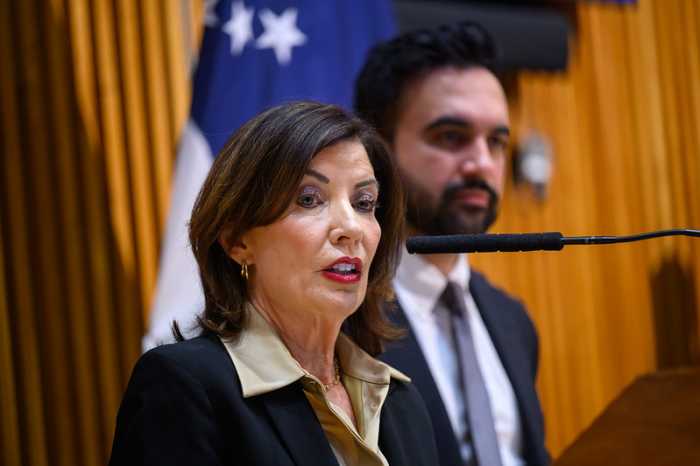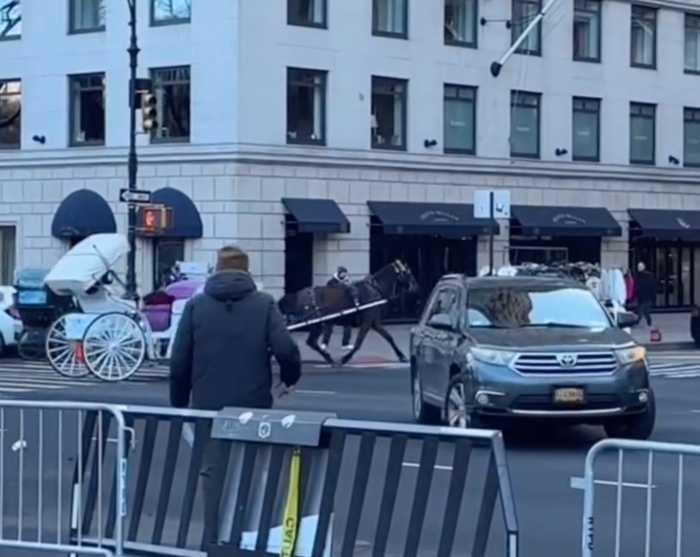Taxi app companies’ penchant for “disruption” is causing the Taxi and Limousine Commission to address the problem of tech-savvy services sending rival drivers to pick up its passengers.
The TLC had considered discussing an emergency rule change on Thursday, spurred by someone using Lyft to get a ride and instead was greeted by an Uber driver. That passenger happened to be Ira Goldstein, who runs The Black Car Fund and is a critic of the apps companies’ operations.
“I was shocked. I was surprised that they would break the law, in my interpretation of what the law is, that quickly from launching,” Goldstein told amNewYork.
Under the temporary proposal, base owners sending out an unaffiliated car must hand over trip records to that car’s home base. It also would stop bases from dispatching another class of vehicle, like a black car, from a livery base. The TLC took it off the agenda for Thursday’s meeting.
Lyft spokeswoman Erin Simpson said the yanked rule change would kill the company’s operation in New York by stopping Lyft from “dispatching livery drivers from its black car base” and require it to hand over “confidential trip records” to other base owners.
“It is unclear what emergency the TLC is responding to, but if adopted these rules will make it harder for drivers to best serve New Yorkers,” Simpson said in a statement.
Currently, the TLC says the rules mean a passenger must be notified when a base sends another company’s car and that a general industry practice is for base owners to get consent.
“[The TLC] went and just created the Wild West with one quick decision, with nothing in writing, with no heads up, with no consultation,” Goldstein said.
The prevalence of taxi apps entering the transportation game is exposing gaps in regulations. The change being considered is meant to provide more accountability for passengers, so it is easier to track down a car when property is lost, for example. This dispatching issue has been increasing since apps got into the for-hire-vehicle industry.
“This is a stop-gap measure in place so that we can begin the process of working with the industry on a more permanent version,” said TLC spokesman Allan Fromberg.
Carolyn Castro, executive director of the Livery Roundtable, an industry group, criticized the TLC for pushing through an “emergency order” with insufficient notice.
“I understand it’s a knee-jerk reaction to all the technical changes happening,” Castro said. Still, she added that “you have to do your due diligence” and reach out to industry stakeholders.
So far, there has been differing interpretations of this dispatch rule, which affects how drivers earn a living through multiple companies.
Under Uber’s interpretation, drivers recently were warned via text message against driving for a competitor like Lyft, which CNN reported this week and amNewYork confirmed. Then, after TLC clarified the dispatch rule, Uber tried to attract drivers with an email promising they can try it “completely risk-free — you can drive with Uber and keep driving with your current base too.” Uber declined to comment.
Lyft, meanwhile, did not comment on dispatching an Uber vehicle, but told Crain’s New York Business last month it was in compliance because a passenger can see the driver’s information.
Note: An earlier version of this story stated that a proposed rule change would be addressed at a TLC meeting on Thursday, but it was taken off the agenda. The story has been updated throughout.






































